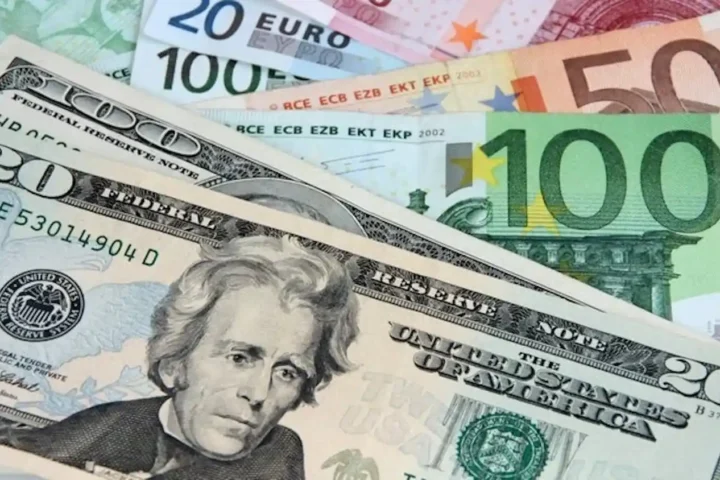Keir Starmer’s week has been one of gilded carriages and sleepless nights. The pageantry of Donald Trump’s state visit — soldiers in bearskins, the royal household mobilized in full splendor, and even a bespoke ministerial red box gift — is designed to do one thing: keep the mercurial U.S. president onside. But beneath the ceremonial polish lies a precarious truth: Starmer is playing a dangerous game of political diplomacy, one where early wins with Trump could just as easily dissolve into sudden, humiliating losses.
The Fragile “Wins”
On paper, Starmer has already chalked up achievements. He secured a deal on tariffs for British exports, elicited from Trump the rare compliment of being a “good man,” and avoided the immediate pitfalls of a frosty Anglo-American reset. But these are tenuous victories. Trump’s goodwill is transactional, rooted less in strategy than in optics, flattery, and mood. A marching band and royal guard may win him over in the moment, but sustaining that affection requires more than pomp.
And that is the bind Starmer finds himself in: the very successes his government is touting are, by their nature, fragile and contingent. The rapport with Trump is useful but not bankable — it can vanish with a single slight, or worse, with the president’s shifting political calculations.
Domestic Weakness Meets International Theater
Starmer’s desperation to shore up ties with Washington is amplified by his collapsing fortunes at home. In just two weeks, he has lost his deputy prime minister, his ambassador to the U.S., and another top aide. His approval ratings are scraping historic lows. Even Trump’s famously chaos-prone administration may view such instability as “unimpressive noise.”
The irony is sharp: the very pageantry meant to project British strength risks exposing Starmer’s fragility. When Trump stands beside him at Chequers, the contrast between the bombast of a president who thrives on appearing dominant and a prime minister battered by scandal could not be starker. Trump likes winners. Starmer, for now, does not look like one.
The Trump Factor: Personality Over Policy
The Starmer team is not wrong to lavish attention on the ceremonial trappings of state. In the hyper-personalized ecosystem of Trump’s White House, symbolism matters as much as substance. As former ambassador Peter Ricketts noted, Trump responds to “the most high-impact, the most powerful expression of Britain.” The red box gift and Windsor Castle pageantry may land more effectively than any technical briefing on tariffs or NATO contributions.
But this strategy is inherently risky. Trump is uniquely unpredictable, and his attention span is fleeting. One errant question at the joint press conference could derail months of carefully staged diplomacy. Worse, Trump’s calculation may shift if he senses weakness — whether Starmer’s or Britain’s.
A Narrow Path Forward
And yet, Starmer may still salvage political capital from this visit. Trump’s entourage appears impressed by the royal treatment. Domestic distractions in Washington — including the fallout from Charlie Kirk’s killing — may blunt Trump’s appetite for picking fights abroad. Even Nigel Farage, usually eager to use Trump’s visits as a cudgel against Labour, has been oddly muted.
If Starmer can navigate the next 48 hours without embarrassment, he may yet emerge with a modest but valuable reprieve: proof that Britain can still manage a working relationship with a capricious superpower president, even while its own politics unravel.
But make no mistake: this is not a long-term strategy. Starmer is gambling that theatrics and symbolism can buy time. What he lacks — and what Britain sorely needs — is a clear-eyed strategy for dealing with a United States led by Trump. Because when the red boxes are put away and the soldiers have marched off, the reality remains: the Anglo-American relationship is only as stable as the president’s mood, and that is no foundation for Britain’s future.











